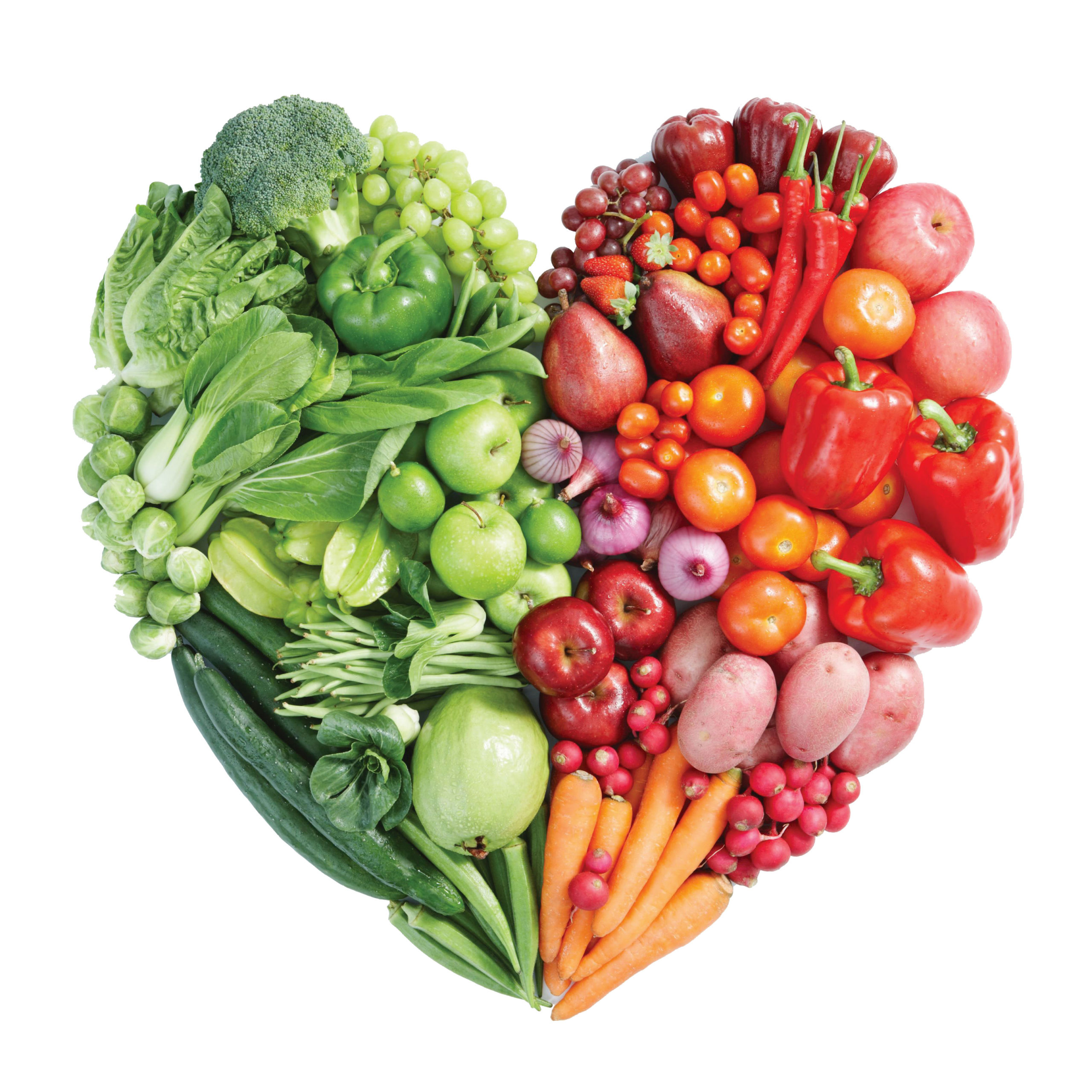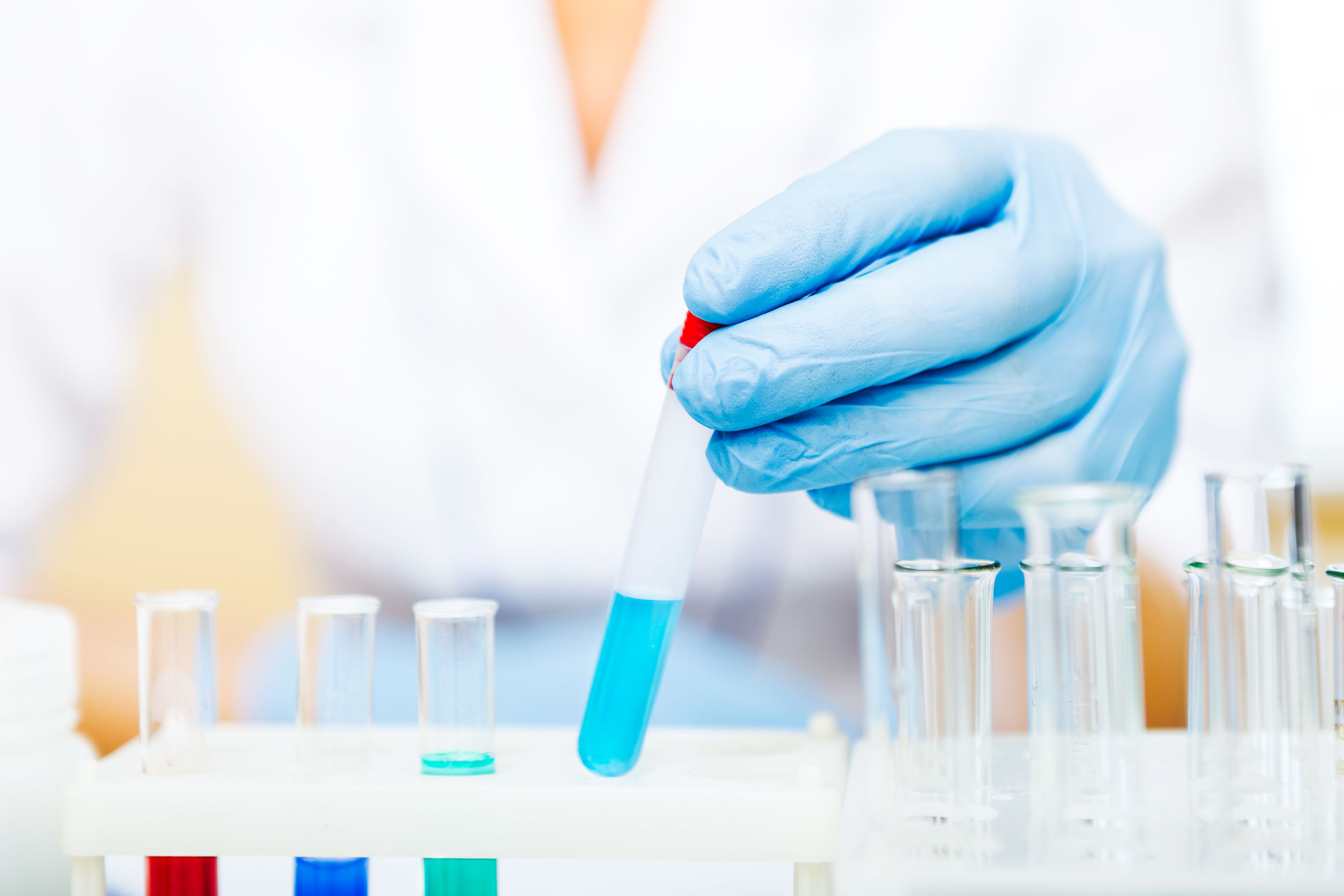Your Plan of Action – the natural approach
We are born with all of our eggs, but a diet high in antioxidants can help protect egg quality
Eat plenty of fresh fruit and vegetables including a wide variety
Include nuts and seeds in your diet daily
Take an appropriate supplement and tailor your levels of antioxidants to ensure you are getting the right amounts – too much of a good thing can be harmful also
Improve the environment that the eggs are developing in by adopting an anti-inflammatory diet
Best test option: Functional Nutritional Profile to assess levels of antioxidants and other nutrients
Why do we need to improve egg quality?
The egg needs to be strong and healthy to be able to develop into an embryo and proceed to implantation in the womb. It is thought that many more conceptions take place than proceed to pregnancy, as the early embryo can decline and stop developing if egg quality is poor. This is usually unknown to us, except during an IVF procedure where the developing embryo is carefully watched during its first few days. If the embryo declines after a couple of days in culture in the lab, it is possible you will be told that egg quality is an issue for you.
In certain conditions, it is more likely that egg quality is a concern. In PCOS, often too many eggs develop each month, potentially reducing quality. Most importantly, egg quality is the only thing we can try to change when age is the likely cause of fertility issues. As we age, the number of available eggs for ovulation is limited. Ensuring that egg quality is as good as possible is an important factor that we can improve upon.
It is also worth noting that sperm quality is critical here also. Most sperm will arrive at the egg for conception with a certain degree of damage after an arduous journey. The egg needs to be strong enough to be able to fix some of these sperm problems itself. This is really a remarkable capacity of the egg. However, if egg quality is already a concern, making sure the sperm is as healthy as possible is important – giving the egg an easier job to do. Read more about male fertility and how you can improve this.
Can Nutrition Help?
Antioxidants
Antioxidants are critical in protecting a maturing egg from damage. The egg develops in a follicle surrounded by follicular fluid. This fluid should be high in antioxidants. Minerals such as zinc and selenium are part of antioxidant compounds where vitamin C and vitamin E have more direct antioxidant effects. You may be depleted in antioxidants if your diet is low in fruits, vegetables, nuts and seeds. These are very important food groups to concentrate on if you are concerned with egg quality.
Zinc
Zinc is part of one of the most abundant antioxidant compounds in the body. Zinc deficiency is common worldwide and often seen in our clinic when tested. Zinc is found in meat, chickpeas, nuts and seeds. However, absorption can be difficult and those with poor digestion are at risk. People on long-term proton pump inhibitors (PPI), which are commonly prescribed stomach acid inhibitors, are at risk from malabsorption. In addition, those on a high plant diet can also be at risk unless efforts are made to increase absorption in the diet such as soaking, sprouting and fermenting.
Selenium
Selenium forms part of an important family of antioxidant proteins. Brazil nuts are a great source of selenium, but it’s easy to get too much. Just one Brazil nut per day can provide over the recommended daily allowance so eat these as part of your diet, but not too often. Selenium is also found in meat, chicken, fish, shellfish and eggs and deficiency often depends on the selenium content of the soil near where you live or source your animal products. Many people we see in clinic have already started consuming Brazil nuts and may have raised selenium levels. It’s best to check your levels before you supplement.
Vitamin C and E
These are very important antioxidants, particularly in women over 35. They work together to support fertility. Vitamin C is found in fresh fruits and vegetables and we recommend aiming for 2 pieces of fruit and 5 portions of vegetables daily. We also suggest including a wide variety of types and colours. We routinely measure vitamin C levels in clinic and many people do not achieve the optimal levels through diet alone. We also measure beta-carotene which is used in research studies as a good marker of your intake of fruits and vegetables. You can then know whether you need to make changes to your diet.
Vitamin E is found in almonds, avocados, sunflower seeds, salmon, sweet potatoes, olives and olive oil. If you are supplementing, often this can mean that you are high in one form only of vitamin E. In our tests, we look for both alpha- and gamma-tocopherol to ensure you have optimal levels.
Other supplements
Coenzyme Q10 is a very important antioxidant in preserving egg quality, particularly in women of advanced age. Taking CoQ10 for three months has been shown to improve fertility and outcome of IVF or other assisted conception treatments.
Other considerations
You could also be depleted in antioxidants because they are getting ‘used up’ elsewhere in the body. This might be due to being overweight or stressed, having an underlying inflammatory condition or exercising excessively. We can help you to identify if there is something else going on for you that is indirectly affecting your egg quality. The aim of any protocol is to reduce the source of damage that is using up your antioxidant stores and to replenish these stores using diet and supplements.
If the ovarian environment itself is inflammatory or hostile, it may help to adopt a diet that promotes calming. This may include a diet higher in omega-3 oily fish and a reduction in red meat. If endometriosis is a cause of this inflammatory environment, please read more here.
Depending on the reason for egg quality concerns, other supplements may be advised. It is important to get tailored advice and not to overload on supplements as too much of a good thing can be detrimental.
Tests
Where to start?
Start making improvements to your diet as you can. Take a good quality fertility focussed multivitamin and mineral. If you need further support or tailored advice, it would be helpful to request an appointment with one of our qualified team.



